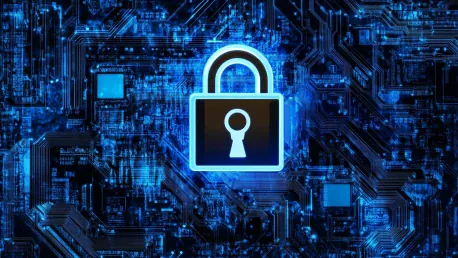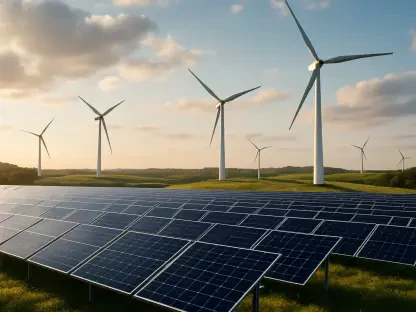Recent research from cybersecurity firm Forescout has highlighted alarming vulnerabilities within solar power system products from leading vendors such as Sungrow, Growatt, and SMA. These vulnerabilities, which include over 90 flaws previously identified and an additional 46 newly discovered issues, pose significant risks to electrical grids in critical markets like the US and Europe. The growing reliance on renewable energy sources like solar power is not without its challenges, specifically those related to cybersecurity.
Findings and Vulnerabilities
A comprehensive examination of the main components of solar plants – including solar panels, inverters, communication modules, cloud services, and mobile applications – revealed several severe security issues. In products from SMA, researchers identified a single critical vulnerability that allows for arbitrary code execution on cloud platform servers, presenting substantial risks if exploited. Growatt’s products were found to contain 30 vulnerabilities, which could lead to cross-site scripting (XSS) attacks, valuable information leakage, device takeovers, and potential physical damage to systems. These issues severely compromise the integrity and safety of solar power systems.
Sungrow’s products were found to have more than a dozen vulnerabilities, including Insecure Direct Object References (IDOR) issues, which can lead to sensitive information disclosure. Other identified security holes allow for Denial of Service (DoS) attacks and remote code execution, further highlighting the critical nature of these vulnerabilities. The consequences of these flaws are far-reaching, potentially allowing hackers to hijack inverters and disrupt power grids, leading to prolonged malfunctions and instability in energy supply. This underscores the urgent need for enhanced security measures and protocols in solar power systems to mitigate these risks effectively.
Potential Consequences and Mitigations
The vulnerabilities identified by Forescout researchers not only threaten grid stability but also pose a significant risk to personal data security and overall network integrity. Hackers exploiting these vulnerabilities could engage in personal data theft, network hijacking, energy price manipulation, and even ransomware attacks, which would have substantial financial and operational impacts. Sungrow and SMA responded proactively by patching all identified vulnerabilities, while Growatt addressed only a few, leaving numerous risks unmitigated.
Common recommendations for mitigating these risks include changing default credentials, using access control mechanisms, updating software regularly, performing systematic backups, disabling unused features, and protecting communications between devices and cloud platforms. For commercial installations in particular, it is advised to include security requirements in procurement processes, conduct comprehensive risk assessments, maintain constant visibility into system operations, and segment networks to ensure continuous monitoring and minimize potential attack surfaces.
The Role of Rigorous Cybersecurity Measures
As the adoption of solar power systems continues to expand, the importance of robust cybersecurity measures cannot be overstated. The recent findings by Forescout highlight the urgent need for vendors and stakeholders in the solar power industry to prioritize cybersecurity in their development and deployment processes. It is imperative to incorporate security by design, ensuring that products are resistant to cyberattacks from the onset. This includes thorough testing and vulnerability assessments both before and after product release.
Additionally, ongoing education and training for those involved in the operation and maintenance of these systems will be crucial. Enhanced awareness and understanding of potential cybersecurity threats can significantly reduce the risk of successful cyberattacks. By fostering a culture of vigilance and proactive defense, the solar power industry can better protect critical infrastructure and ensure the safe and reliable delivery of renewable energy.
Towards a Secure Solar Energy Future
A recent study by cybersecurity firm Forescout has revealed serious vulnerabilities in solar power systems from major vendors such as Sungrow, Growatt, and SMA. The research identified over 90 previously known issues and uncovered an additional 46 new flaws. These security weaknesses pose considerable risks to electric grids in crucial markets, including the United States and Europe. The increasing dependence on renewable energy sources, such as solar power, brings its own set of challenges, particularly concerning cybersecurity. With the shift towards cleaner energy, ensuring the security of these systems is essential to protect the integrity and reliability of the electrical infrastructure. Forescout’s findings underscore the urgent need for enhanced security measures in the solar power sector to safeguard against potential threats. The burgeoning renewable energy industry must address these vulnerabilities to maintain the safe and efficient operation of critical electrical grids, emphasizing that cybersecurity is a key component of modern energy systems.









